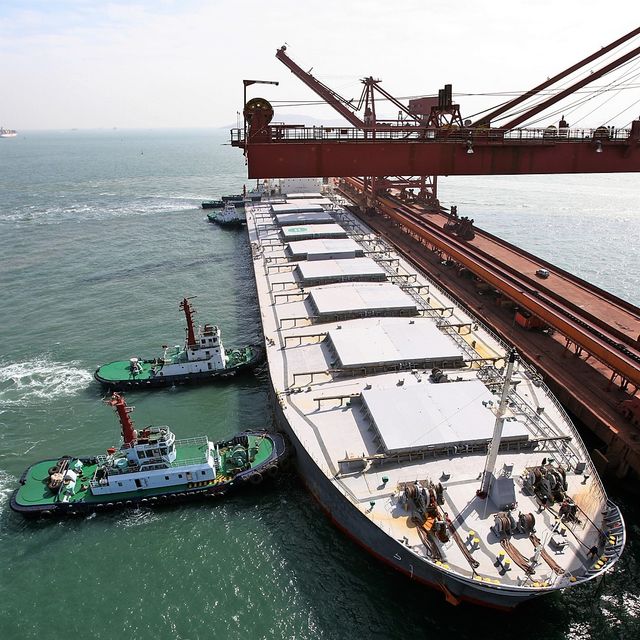Is it right that we refuse to discuss mining royalties?

Isn't it fair that we have a balanced and open debate on the subject of mining royalties in Australia?
In recent years the resources industry has had numerous fights with various Australian state and federal governments over the level of mining royalties.
The list of high-profile stoushes includes the Rudd Government’s effort to impose a big federal tax, the West Australian state government’s proposal to increase gold royalties and various attempts at adjusting the royalties paid by the oil and gas sector.
More recently of course we had the latest in the series, initiated by a West Australian politician, who proposed to increase a longstanding $0.25 a tonne royalty on iron ore production to $5 a tonne.
The proposal created a lot of debate — not all of which was sane. However, with the Western Australian election now run and won — and the minister who promoted the controversial change to iron ore royalties having lost his seat of Pilbara — it seems the general consensus is that the debate over mining royalties will now go away forever.
I don’t agree.
Interestingly, I’m not alone in supporting at least a sensible debate. Similar support is coming from some possibly surprising quarters.
Below are just a few of the points of view shared in recent times:
From Mining News: “Iron ore minerals policy – give Grylls a break!"
From The Australian: “BHP, Rio big winners as tax dies"
And also from Mining News: “Dryblower warns the mining industry that it might have a problem with the new WA government"
Now, let’s set things on the right path here: I'm obviously a massive supporter of the mining industry. It has been central to my life since my parents delivered our family to Australia on the “ten pound pom” scheme. That was after Western Mining Corporation (WMC) scoured the world for experienced narrow-vein underground miners to help them exploit their massive Ni Sulphide discoveries at Kambalda in WA.
This all happened only a couple of years after the initial iron ore royalty deal was struck. That is a staggering 50 years ago!
In more recent years Western Australia had to absorb 500,000 new immigrants through the period of the recent mining boom. The infrastructure spending required to provide services to all those people has left WA reeling under a mountain of debt.
Without wanting to stray too far into a political argument about how we got here (be that for good or bad reasons), it should be abundantly clear that a “big” pile of debt is going to require some similarly “big” ideas to wind it back.
What won’t fix it is selling the naming right to a stadium for $10 million or sponsoring an inquiry into why we got to where we are now. We already know that.
What’s needed right now is for the big businesses that operate in WA (and Australia) to get together with state and federal governments and, in the interests of everyone, make some tough choices about how to improve things.
Politicians are clearly not capable of doing it alone, given the structures they find themselves caught up in. Big business (big miners — oil and gas companies included) could help the situation far more quickly, and can do much better, than just throwing masses of money at advertising campaigns to protect their current position, as has happened in the past.
It also makes pragmatic sense for the big companies that operate in this space to put all the big-ticket items on the table. This will ensure that when they come to contribute to the debate around things like tax reform, they are far more likely to be able to influence those debates.
It makes perfect business sense for them and it is good for the country.
And so, despite my firm support of, and my deeply emotional indebtedness to, the mining industry, the practical mining engineer inside of me is struggling to make an argument that the fixed portion of a levy — which one assumes was negotiated by two parties 50 years ago as fair and reasonable then — could under any circumstances still be deemed fair and reasonable when it remains unchanged half a century later.
Let’s put arguments over the size of the increase aside for the moment. Look at it this way: I’m 56 years old and, when I was six, I thought threepence a week was fair pocket money. I'm not sure too many six year olds would agree today.
This is just one view though and so we recently commissioned a survey via the MPi Polling Centre to ask the broader market. The poll is still quite new but the results are already fascinating.
Check it out here, lodge your vote and come back every so often.
| Steve Heather FRCSA |
| Managing Director & Principal Executive Search |
| Mining People International |
| steve.heather@miningpeople.com.au |
